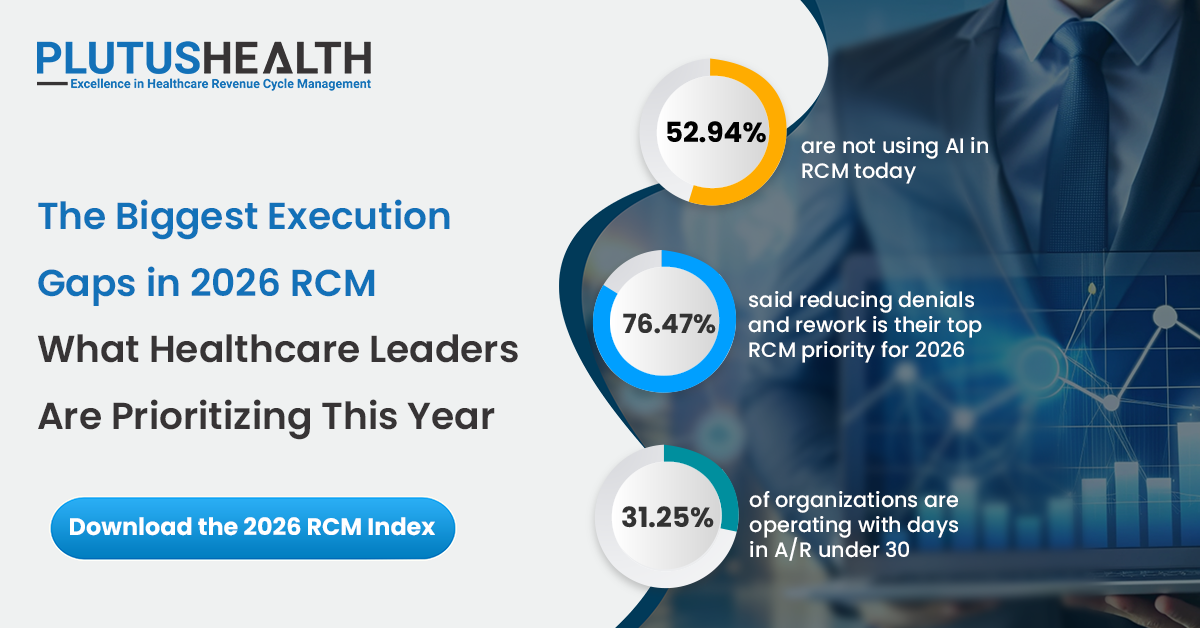Role of technology in enhancing behavioral health billing services
Behavioral health billing is uniquely challenging. Mental health diagnosis codes make identifying mental conditions harder than physical ailments. So, insurers frequently deny claims in this sector due to insufficient eligibility verification.
Technology can help fix miscommunications between behavioral health payers and providers. By creating a seamless web of interconnected data, systems consistently transmit accurate information.
Here’s how machine-enabled billing services are boosting the behavioral health sector.
Automatic Check-ins
Patients must consistently enter accurate information to streamline the billing process. To achieve this goal, use automatic check-ins. These systems will walk patients through a questionnaire, ensuring that they enter every field before continuing. Before transferring the information, the program will allow users to review everything they’ve entered.
Get the most out of this setup by requiring patients to arrive at appointments 15 minutes ahead of time. For patients who sign up online, have customer service repeat some questions to establish accuracy.
Note Taking Technology
When practicing behavioral health, taking notes is critical. These observations are integral to forming a long-term patient improvement plan. Also, these recordings leave a verifiable diagnostic trail that supports claims. Note-taking technology embeds these observations into an easily reviewable program.
Eligibility Verification
Failure to establish eligibility is a key reason payers reject behavioral claims. Mental health diagnoses hinge on a physician’s judgment. As such, payers require credentialed pre-verification with accompanying documentation.
Some states have mandated that insurers provide coverage under certain conditions. These nuances, paired with insurers’ shifting standards, confuse many staff members. Thankfully, automatic programs can sort through a patient’s history and quickly determine eligibility.
Artificial Intelligence Coding
Modern artificial intelligence is sophisticated enough to sort through the thousands of codes in the ICD-10-CM coding system. Such programs excel at matching simple conditions and services with the appropriate number. Unfortunately, complicated scenarios still befuddle these AI. So, most practices assign experienced coders to review the software’s work.
Charge Entry
Charge entry is submitting figures to payers for them to reimburse. This step is critical, yet staff frequently mishandle it. A study of practices between 2016 and 2020 revealed how prevalent charge entry errors were. Researchers found that 17.2% of denied claims were rejected due to missing or invalid data.
AI systems can alleviate these mistakes by seamlessly copying patient data from registration portals. From here, they can take information from physician notes and patient charts to form an accurate, formal claim.
Incorporating technology is critical for behavioral health practices that want to improve RCM flow and maximum profitability. The easiest way to get this improvement is by hiring a professional biller. Plutus Health has built its service around pairing top-tier staff with top-tier technology. This combination has consistently improved practices’ incomes. Start your journey towards maximized reimbursements by contacting us today.
Key Takeaways
1. Automatic check-ins provide consistent prompts that help confirm accurate information.
2. Note-taking technology benefits claims by establishing a diagnostic trail.
3. Systems can quickly determine patient eligibility.
4. Coding AI excels at matching conditions and services with the appropriate code.
5. Software can create accurate claims based on limited information.




















































